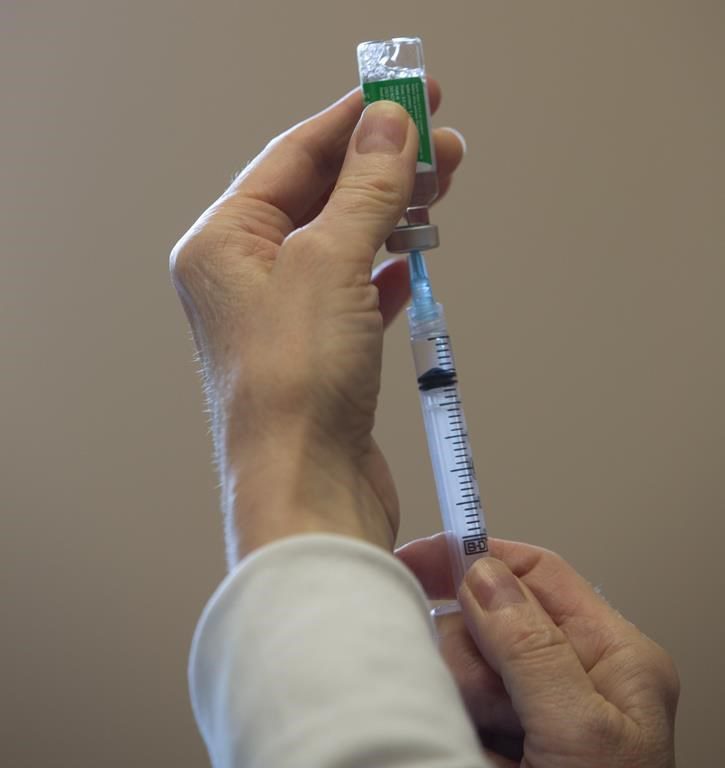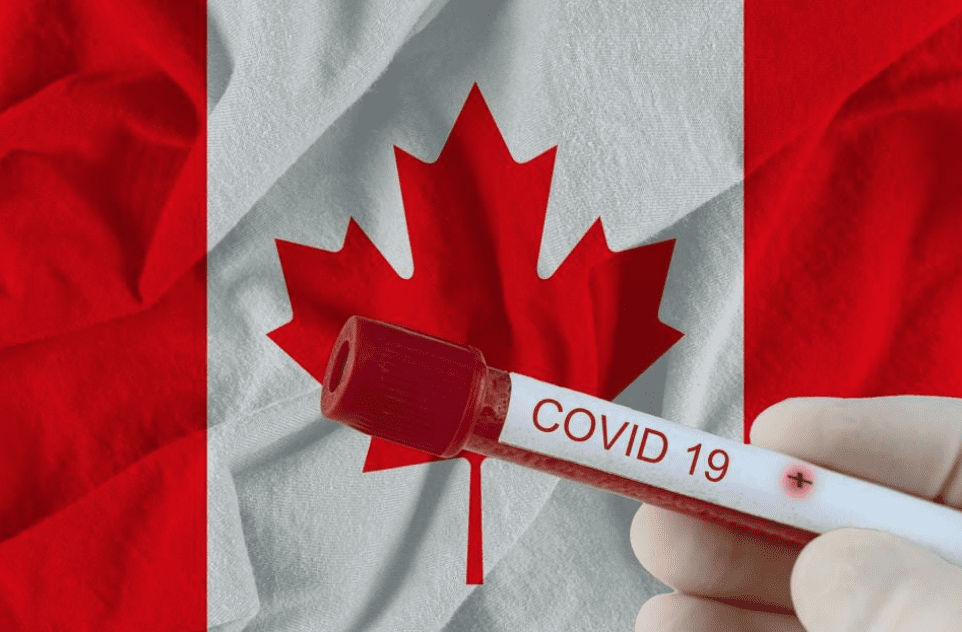Danielle Smith became United Conservative Party of Alberta leader on Oct. 6, and the province’s 19th premier five days later. In less than a month, she’s already shown that she’ll defend certain ideas and principles to help create a stronger, freer Alberta.
The most recent issue has been school mask mandates.
“The detrimental effects of masking on the mental health, development and education of children in classroom settings is well understood,” Smith said in an Oct. 29 statement, “and we must turn the page on what has been an extremely difficult time for children, along with their parents and teachers.”
Quite a few Albertans were pleased to hear the new Premier was opposed to any further masking mandates in the province’s K-12 education system. She also said legal steps would be taken in this matter. This follows a recent Court of King’s Bench decision that Alberta had acted “unreasonably” when then-Premier Jason Kenney lifted a school mask mandate last winter. Smith evidently wants to ensure her pledge doesn’t get challenged or overturned at a later date.
Does every Albertan agree that school mask mandates should be eliminated? Of course not, and a new round of attacks on Smith’s leadership has begun.
Not that she expected anything different.
As I’ve written in several publications, I’ve known Smith for over 25 years. She was working for the Fraser Institute when we first met, and I was running my nationally-distributed conservative commentary newspaper, From The Right. We both got involved in politics, radio/TV punditry and column writing at roughly the same time, as it happens.
Through it all, she’s used her intelligence, wit and political savvy to become a powerful voice in politics, radio and think tanks. She strongly supports private enterprise, free markets and economic liberty. She’s a libertarian, social moderate and policy wonk rolled up into one. She will always defend her friends and allies, but believes in building bridges with opponents and critics to ensure that intellectual discourse is preserved – and the lines of communication remain open.
Smith is also unafraid to stand up for Albertans. Case in point, her support for an Alberta sovereignty act.
This idea was originally conceived by the Free Alberta Strategy, a joint initiative between the Alberta Institute and former UCP MLA Rob Anderson. The policy proposal, which was jointly written by Anderson, University of Calgary Professor Barry Cooper, and lawyer Derek From on Sept. 28, 2021, depicted the sovereignty act as a “cornerstone” policy. More specifically, it would provide the Alberta legislature “with the authority to refuse enforcement of any specific Act of Parliament or federal court ruling that Alberta’s elected body deemed to be a federal intrusion into an area of provincial jurisdiction, or unfairly prejudicial to the interests of Albertans.”
Smith, in a July 20 tweet, noted that her version of the sovereignty act would “empower the Alberta Legislature to refuse enforcement of any specific Federal Government law or policy that violates Alberta’s provincial rights under s.92 of the Constitution or the Charter of Rights and Freedoms of Albertans.” Moreover, it would only be invoked after a “free vote” of all Alberta MLAs.
The act is controversial, and goes against Canada’s current constitutional framework. At the same time, it’s a sensible nod to having more economic freedom in Alberta – and more control over Alberta’s political destiny. My belief at the time was that other premiers could end up agreeing with Smith’s sovereignty act in principle, and join with her one day. There’s strength in political numbers, after all.
Saskatchewan’s Scott Moe may have done this in a light fashion with his recent white paper, Drawing the Line: Defending Saskatchewan’s Economic Autonomy. “A strong Saskatchewan means a strong Canada,” he said in a recent statement, “but we cannot allow continued federal intrusion into our exclusive constitutional right to develop our natural resources and grow our economy. We will defend and protect Saskatchewan jobs and our economic future.”
A spokesperson in Smith’s office would tell the Epoch Times on Oct. 27, “It’s great to see other provinces-like Saskatchewan, follow Alberta’s lead in defending provincial existing constitutional division of powers. It’s no secret this is a top priority for our government and we hope to continue to see other jurisdictions do the same.”
Could the same scenario happen with school mask mandates? It’s possible.
Scientific and medical studies may have produced different results on the use or non-use of school masks in classrooms, but the overall policy definitely had an effect on the mental health and well-being of school-aged children. A March 2022 poll conducted by POLITICO and Harvard T.H. Chan School of Public Health found that 46 percent of respondents believed masking hurt their children’s social learning and interactions.” They also believed masking hurt their children’s “general schooling experience” (40 percent), mental/emotional health (39 percent) and education (33 percent).
Like it or not, Smith’s opposition to further mask mandates in Alberta has merit. Plenty of parents in other provinces would likely agree with her stance. So would some or all of our premiers. If the latter group decides this idea and principle needs to be defended, they may join her in this legal fight against school mask mandates to help create a stronger, freer Canada.
Smith’s first month as Alberta Premier has been intriguing. Who knows what the next month could bring?
Michael Taube, a long-time newspaper columnist and political commentator, was a speechwriter for former Canadian prime minister Stephen Harper.













